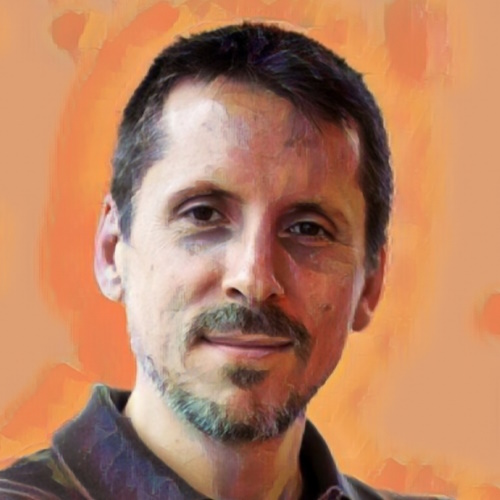Key points from article :
Jean Hébert, a biologist recently hired by the US Advanced Projects Agency for Health (ARPA-H), is advocating for a radical approach to extend human life—replacing all body parts, including the brain, with younger tissue. His research focuses on "functional brain tissue replacement," which could potentially treat conditions like strokes and Alzheimer's. However, Hébert's ultimate goal is total brain replacement to prevent death from aging. He envisions a process where lab-grown youthful brain tissue is gradually introduced, allowing the brain to adapt and preserve self-identity.
Hébert’s idea builds on the concept of replacing aged body parts, similar to current medical transplants like liver or heart valves. The brain, however, presents a unique challenge due to its role in memory and identity. Hébert has been experimenting with mice, testing whether young brain cells can integrate into the brain. While the idea faces skepticism in the scientific community, it has gained significant attention, including a proposed $110 million ARPA-H project to explore its feasibility in larger animals like monkeys.
Though the idea of total brain replacement is controversial and requires overcoming many scientific and ethical challenges, Hébert believes it’s the only viable path to defeating death. His research aligns with the goals of life extension enthusiasts, and he remains optimistic about the future of brain renewal technologies.







